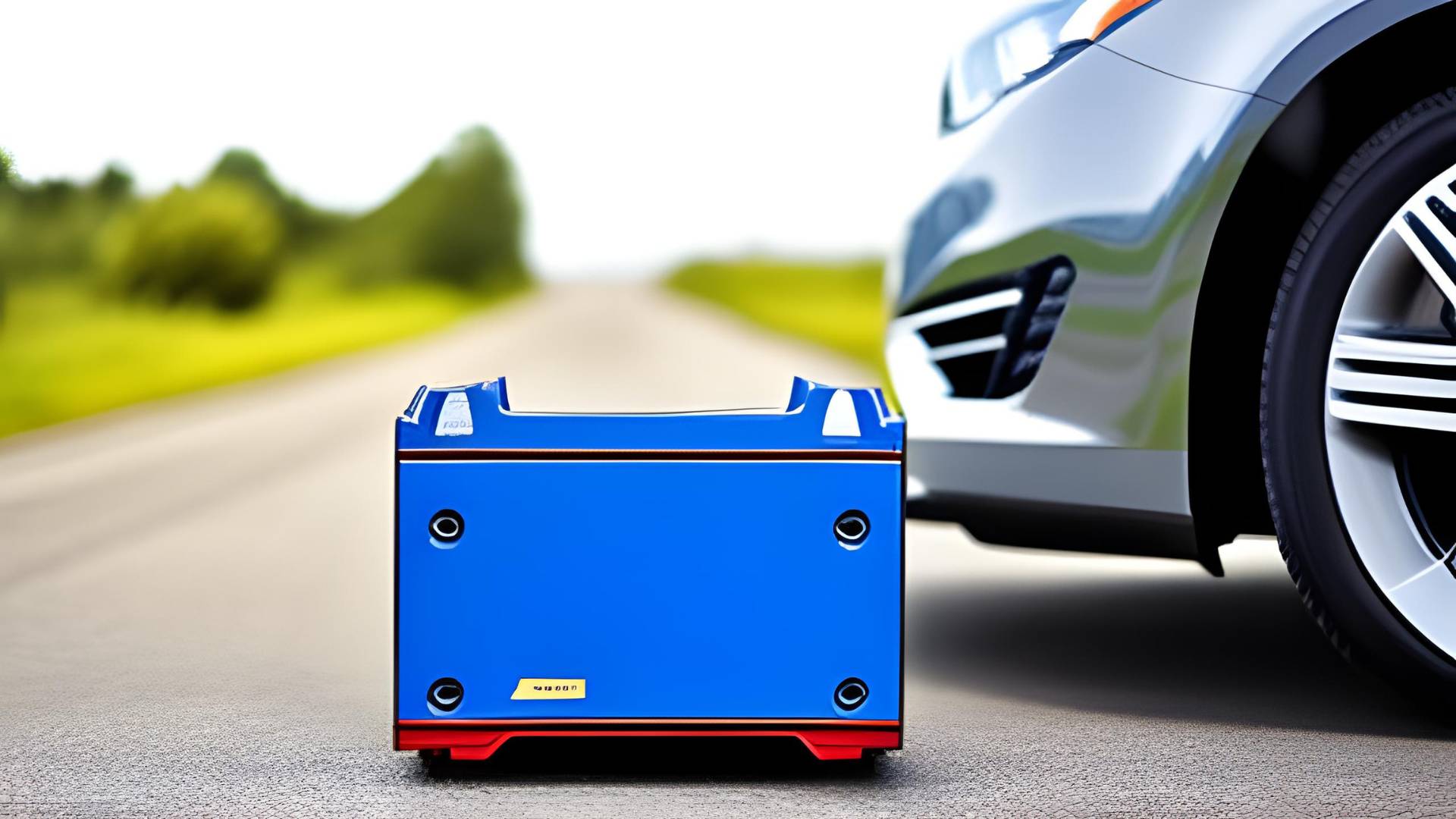Toyota Unveils Groundbreaking EV Battery Technology - 3 minutes read

A recent technical briefing was conducted by Toyota, during which the company highlighted its objectives to develop superior electric vehicle (EV) battery technology, boost aerodynamics, and modernize production processes. Toyota is continuing to focus on a hybrid approach despite the pressure from investors and governments for a complete transition to electric cars. This plan comprises electric vehicles (EVs), plug-in hybrids (PHEVs), hybrid electric vehicles (HEVs), and fuel cell electric vehicles (FCEVs).
During the event, Toyota introduced a number of new advancements that would assist its next-generation of electric vehicles, including:
Recent developments in battery technology, notably the rise of solid-state batteries
Improvements in manufacturing techniques in order to cut costs
technique designed to increase aerodynamics at hypersonic speeds
Changes of a fundamental nature made to improve the marketability of electric vehicles
In 2026, Toyota plans to launch the next generation of its electric vehicles, which are expected to have a range of more than 620 miles (1,000 kilometers).
In addition, the manufacturer of automobiles plans to install a self-propelling assembly line, which will enable mass-produced automobiles to move down the manufacturing line of their own accord. To that end, Toyota plans to make these expenditures in order to cut manufacturing lead time, production procedures, and factory investments for mass-produced electric vehicles by a factor of fifty.
During the briefing, one of the most important disclosures that was made was on Toyota’s road plan for the next generation of electric vehicle battery technology. The manufacturer intends to sell both high-performance and mass-market variants of the next-generation battery between the years 2026 and 2027.
The performance battery will utilize lithium nickel cobalt manganese (NCM) chemistry, which is analogous to the chemistry used in the present bZ4X electric SUV. However, the performance battery will offer 20% longer driving range at a cost that is 20% cheaper. When compared to Toyota’s initial electric vehicle, the popularized version will make use of chemistry known as lithium iron phosphate (LFP), which will result in a 20% improvement in driving range while simultaneously resulting in a 40% reduction in expenses.
A high-performance battery that combines a bipolar structure with a high nickel cathode is another product that the business is focused on developing. This battery has the potential to lower costs by twenty percent, enhance cruising range by ten percent, and enable rapid charging from ten percent to eighty percent in twenty minutes or less.
It is vital to keep in mind that the majority of these technological advancements are still in the research and development phase even if the pronouncements that Toyota made during the technical briefing were clearly ambitious. The car manufacturer has, in the past, made some ambitious claims regarding breakthrough electric vehicle battery technologies, such as solid-state batteries, but these claims have not been realized.
In addition, shareholders are pushing for a more faster transition to fully electric vehicles, which might make Toyota’s sustained investment in fuel cell technology and hybrid vehicle technology a plan that ends up being expensive in the long term.
However, the recent reveal of Toyota’s ground-breaking electric car battery technology as well as other advances illustrates the automaker’s dedication to furthering the development of electric vehicles and maintaining a competitive edge in the fast shifting environment of the automotive industry.
News first seen on Electrek
Editor In Chief at ReadWrite
Brad is the editor overseeing contributed content at ReadWrite.com. He previously worked as an editor at PayPal and Crunchbase. You can reach him at brad at readwrite.com.
Source: ReadWrite
Powered by NewsAPI.org